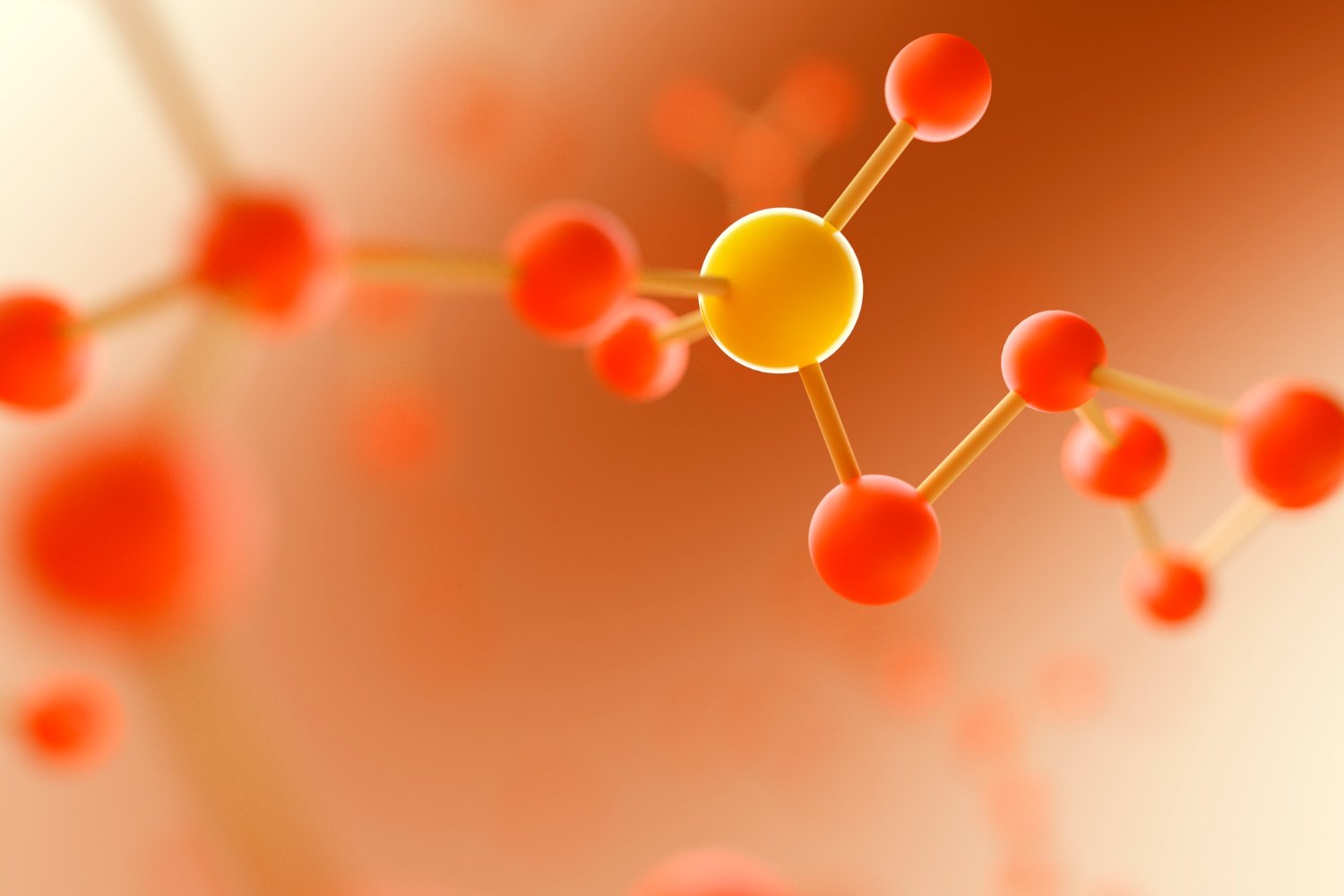Machine Learning Revolutionises Enzyme Design
Enzymes, the biological catalysts essential for life, facilitate countless biochemical reactions. Recent advancements in machine learning (ML) are transforming how scientists design and optimize these proteins, leading to significant breakthroughs in medicine and environmental sustainability. By leveraging ML algorithms, researchers can predict enzyme structures and functions with unprecedented accuracy, accelerating the development of novel enzymes tailored to combat diseases and address environmental challenges.
Important Points
- Accelerated Protein Structure Prediction: AI models like AlphaFold, developed by DeepMind, can predict the three-dimensional structures of proteins rapidly and accurately, a task that traditionally required extensive experimental efforts.
- Innovations in Drug Discovery: ML aids in identifying new drug candidates by analyzing vast chemical datasets, streamlining the discovery process, and offering potential treatments for conditions such as antibiotic-resistant infections.
- Environmental Applications: Engineered enzymes designed through ML techniques are being developed to degrade pollutants, including plastics, thereby contributing to environmental remediation efforts.
- Climate Change: Novel enzymes may increase species resistance to climate change through a number of mechanisms.




